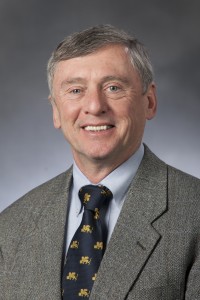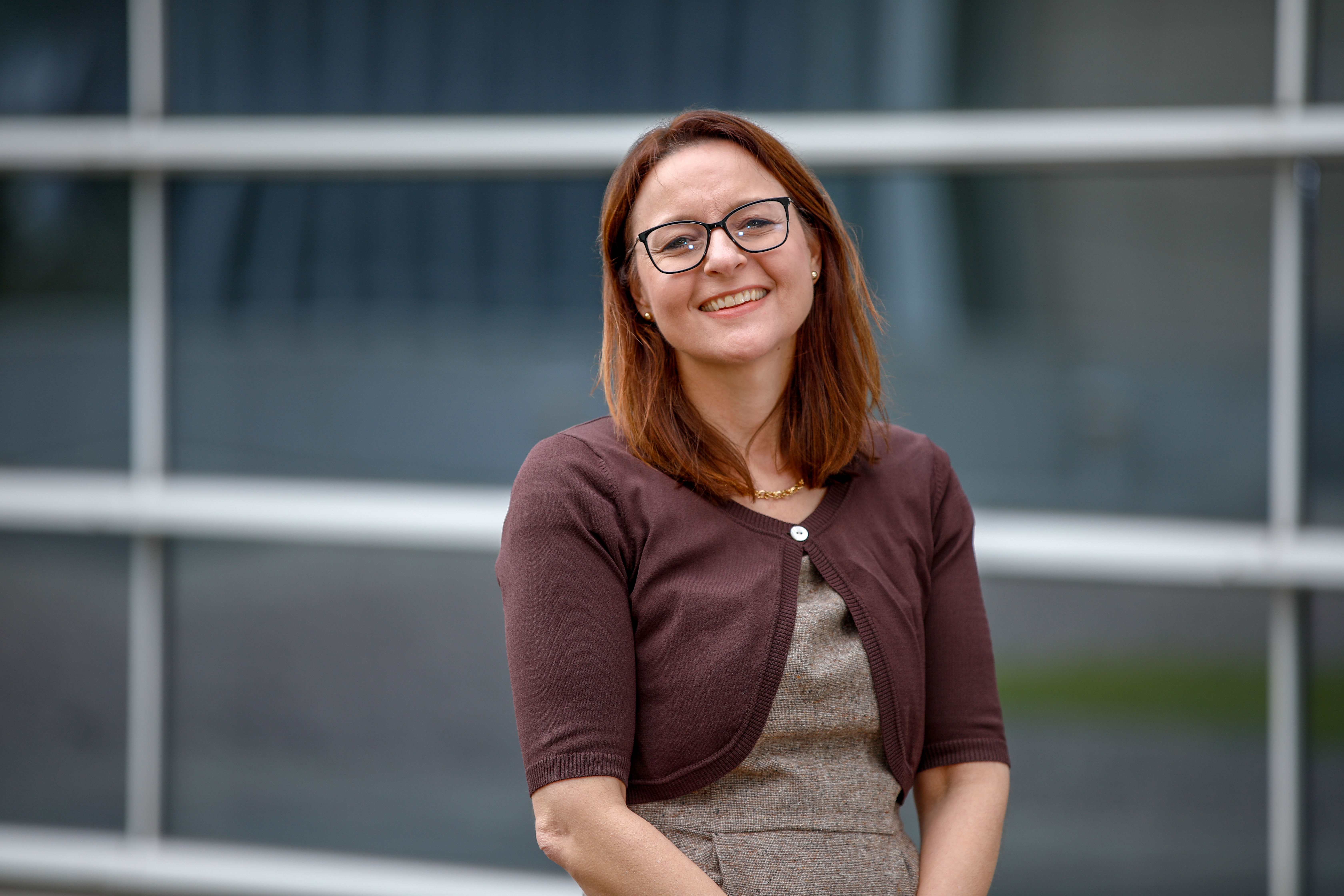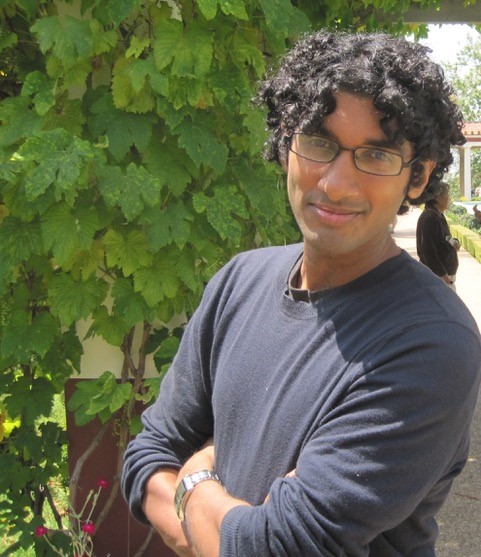2019 Speakers

John H. Aldrich, Duke University
Friday, February 8 | 10:30am - 12pm
About the speaker: JOHN H. ALDRICH. (Ph.D., Rochester), Pfizer-Pratt University Professor of Political Science, Duke University. He specializes in American and comparative politics and behavior, formal theory, and methodology. Books he has authored or co-authored include Why Parties, Before the Convention, Linear Probability, Logit and Probit Models, Interdisciplinarity and a series of books on elections, the most recent of which is Change and Continuity in the 2016 Elections. He has most recently co-authored Why Parties Matter with John Griffin. He has served as co-editor of the American Journal of Political Science. He is past President of the Southern Political Science Association, the Midwest Political Science Association, and the American Political Science Association. He has been a Guggenheim Fellow and is a Fellow of the American Academy of Arts and Sciences.

Pablo Querubín, New York University
"Prior's Rule: When Do Malfeasance Revelations Help or Hurt Incumbent Parties?" (With Eric Arias, Horacio Larreguy and John Marshall)
Thursday, September 5 | 3:30 PM to 5 PM
Abstract: Effective policy-making requires that voters avoid electing malfeasant politicians. We rationalize the mixed evidence of incumbent sanctioning in developing contexts in a simple Bayesian model that emphasizes voters' prior beliefs. Specifically, electoral punishment of incumbents revealed to be malfeasant is rare where voters already believed them to be malfeasant, while the effect of information on electoral turnout is non-linear in the magnitude of the malfeasance revealed. Our theory is supported by a field experiment in Mexico, where treated voters were informed about malfeasant municipal spending. Reflecting voters' unfavorable prior beliefs, information revealing relatively high levels of malfeasance increased the incumbent party's vote share on average. However, rewards were lower among voters with lower malfeasance priors and stronger prior beliefs, and when audits revealed more severe malfeasance and caused voters to unfavorably update their posterior beliefs about the incumbent's malfeasance. Consistent with our theory, surprising information increased turnout, while relatively unsurprising information reduced turnout. Finally, we document the reactions of incumbent and challenger parties to the information provided.
About the speaker: Pablo Querubín is an associate professor of politics and economics at New York University. His research has centered on the persistence of economic and political elites in different contexts such as Colombia, the Philippines and the US. He has also conducted research on clientelism in Mexico and the Philippines and on state building in Vietnam. His work has appeared in the American Economic Review, American Journal of Political Science, American Political Science Review, Econometrica, the Quarterly Journal of Economics, and the Quarterly Journal of Political Science.

Pia M. Orrenius, PhD, Vice President and Senior Economist, Federal Reserve Bank of Dallas
The Effect of Immigration on Business Dynamics and Employment
(Co-authored with Madeline Zavodny, University of North Florida, and Alexander Abraham, Federal Reserve Bank of Dallas)
October 18 |10:30 am - 12:00 pm
Abstract: A large and ever-expanding literature using data from household surveys typically concludes that immigration has a negligible effect on natives’ labor market outcomes overall but appears to harm workers who are the most substitutable for new immigrants. Why immigration has little overall effect is unclear. One possibility that has received little attention because of data unavailability is that immigration may spur firm creation and expansion, particularly in areas that receive large immigrant inflows. This study examines that question by combining U.S. data on immigrant inflows from the Current Population Survey with data on business formation and survival and job creation and destruction from the National Establishment Time Series (NETS) database for the period 1997 to 2013. Preliminary results indicate that immigration boosts business survival and reduces job destruction. The effects are largely driven by less-educated immigrants.
About the author: Pia Orrenius, PhD, is Vice President and Senior Economist at the Federal Reserve Bank of Dallas and Adjunct Professor at the Hankamer School of Business, Baylor University. Orrenius manages the regional/microeconomics group in the Dallas Fed Research Department where her work concerns the drivers of regional economic growth. Her academic research focuses on the labor market impacts of immigration, unauthorized immigration, and U.S. immigration policy, and her work has been published in the Journal of Labor Economics, Journal of Development Economics, International Migration Review, Labour Economics, among others. She is coauthor of the book Beside the Golden Door: U.S. Immigration Reform in a New Era of Globalization (2010, AEI Press). Dr. Orrenius is a Research Fellow at The Tower Center for Political Studies, Mission Foods Texas-Mexico Center (both at Southern Methodist University) and at the Institute for the Study of Labor in Bonn, as well as Adjunct Scholar at the American Enterprise Institute. She was senior economist on the Council of Economic Advisers in the Executive Office of the President, Washington D.C. in 2004-2005, where she worked on immigration, labor and health issues. She received her Ph.D. in economics from the University of California at Los Angeles and B.A. degrees in economics and Spanish from the University of Illinois at Urbana-Champaign.

Suresh Naidu, PhD, Professor of Economics and International and Public Affairs
Ideas Have Consequences: The Impact of Law and Economics on American Justice
(with Elliott Ash and Daniel L. Chen)
October 25 | 10:30 am - 12:00 pm
Abstract: This paper provides a quantitative analysis of the effects of the early law and economics movement on the US judiciary. Using the universe of published opinions in US Circuit Courts and 1 million District Court criminal sentencing decisions linked to judge identity, we estimate the effect of attendance in the controversial Manne economics training program, an intensive course attended by almost half of federal judges between 1976 and 1999. After attending economics training, participating judges use more economics language, render more conservative verdicts in economics cases, rule against regulatory/taxation agencies more often, and impose longer criminal sentences. These results are robust to adjusting for a wide variety of covariates that predict the timing of attendance. Non-Manne judges randomly exposed to Manne peers on previous cases increase their use of economics language in subsequent opinions, suggesting economics ideas diffused throughout the judiciary.
About the speaker: Suresh Naidu is Professor of Economics and International and Public Affairs at Columbia University. He previously served as a Harvard Academy Junior Scholar at Harvard University and as an instructor in economics and political economy at the University of California, Berkeley. He holds a BMath from University of Waterloo, a Master’s degree in economics from the University of Massachusetts-Amherst, and a Ph.D. in Economics from the University of California, Berkeley. His primary research areas include economic effects of political transitions, economic history of slavery and labor institutions, international migration, and economic applications of natural language processing.
Co-hosted with the Economics Department
November 19 | 3:30 - 5 PM
Abstract: We use 200,000 observations from repeated survey data in 61 elections and 9 OECD countries since 1952 to study the formation of vote choices and policy preferences in the electoral season and assess how TV debates contribute to this process. We find that the share of voters who state a pre-election vote intention corresponding to their final vote choice increases by 15 percentage points in the two months preceding the election. Changes in individual vote choices mostly result from changes in beliefs on competing candidates, and they generate aggregate shifts in predicted vote shares. Instead, policy preferences remain remarkably stable over time. We use an event study to estimate the impact of TV debates, campaigns’ most salient events, and find that they do not significantly affect either individual vote choice and preference formation nor aggregate vote shares. This suggests that information continuously received by voters exerts more influence on their behavior.
About the speaker: Vincent Pons is Assistant Professor of Business Administration in the Harvard Business School. He will be visiting the University of Chicago Booth School of Business in the fall and Stanford Graduate School of Business in the spring. He is an assistant professor of business administration in the Business, Government, and International Economy Unit, a Faculty Research Fellow at the National Bureau of Economic Research (NBER), and a faculty affiliate at the Abdul Latif Jameel Poverty Action Lab (J-PAL). He studies questions in political economy and development.
Across the world, distrust and dissatisfaction with elected governments are at all-time highs. Professor Pons’s research studies democratic representation to understand why representative democracies can fail to deliver leaders, policies and economic outcomes aligned with people’s preferences. This work has appeared in journals such as Econometrica, the American Economic Review and the American Political Science Review. It has resulted in mentions and opinion pieces in media outlets including The New York Times, The Economist, PRI's The World, the Huffington Post, le Monde, and BFM Business.
Professor Pons received his PhD in economics from the Massachusetts Institute of Technology. He also holds a master in economics from the Ecole Normale Supérieure in Paris (joint with the Paris School of Economics and ENSAE) and a master’s degree in political philosophy from Université Paris 1, Panthéon-Sorbonne.
Co-hosted with the Economics Department

Vincent Pons, Assistant Professor of Business Administration
Vote Choice Formation and the Minimal Effects of TV Debates: Evidence from 61 Elections in 9 OECD Countries
(Co-authored with Caroline Le Pennec-Caldichoury)